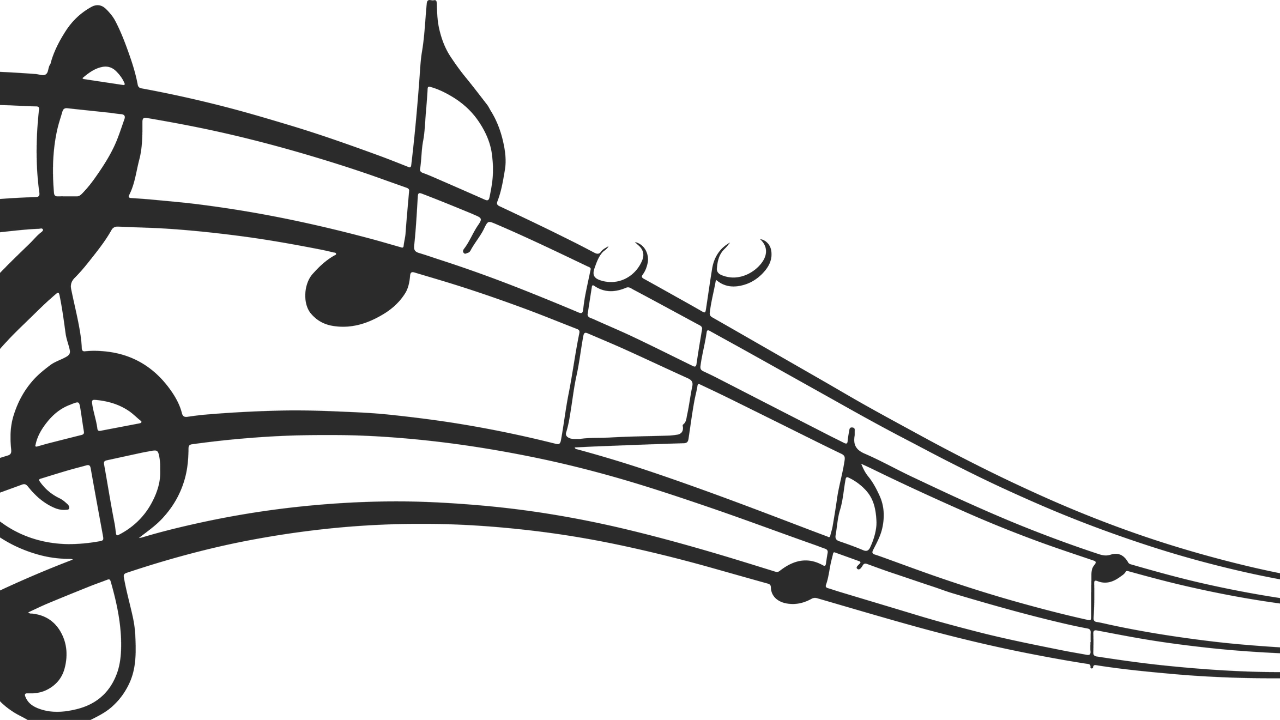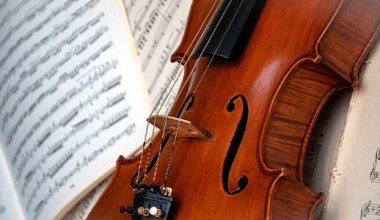Songs are a universal language that transcends borders, emotions, and time. They are compositions with lyrics and melodies, blending words with musical tunes to create an emotional or storytelling experience. But what are the songs, really? They are more than just sounds; they are expressions of culture, art, and identity.
From ancient hymns sung in temples to modern pop hits ruling the charts, songs have evolved while maintaining their core purpose: to connect, inspire, and entertain. Whether it’s a song from your favorite artist or a folk tune passed down generations, songs hold unique power.
The Anatomy of Songs
A song is usually composed of several key elements. These include:
- Lyrics: The words or poetry that convey the message.
- Melody: The tune or sequence of notes that make the song memorable.
- Rhythm: The beat or tempo that dictates the flow of the song.
- Harmony: The blending of different sounds that enrich the melody.
What are the songs without these essential components? They would lack the complexity and depth that move listeners. Each piece of a song serves to create a cohesive and emotional journey for its audience.
Origins and Evolution of Songs
Songs have existed since humanity began expressing emotions. Early humans used chants and repetitive sounds to communicate, which later evolved into structured melodies. The question, “What are the songs of ancient times?” leads us to explore religious hymns, tribal anthems, and folk ballads.
As civilizations grew, so did the diversity of songs. In medieval times, bards sang tales of heroes and legends. With the invention of musical instruments, compositions became more elaborate, leading to classical masterpieces. Today, technology has further transformed songs, introducing genres like electronic, rap, and experimental music.
Why Do People Create Songs?
Humans create songs for various reasons, including:
- Expression of Emotions: Songs often serve as a diary of feelings.
- Storytelling: They narrate tales, myths, and personal journeys.
- Cultural Preservation: Songs help pass down traditions and values.
- Entertainment: Music is a key form of leisure and joy.
Consider this: what are the songs you turn to when you’re sad, happy, or reflective? They become a mirror of your mood and feelings.
Different Types of Songs
Music is as diverse as the people who create it. Some popular types of songs include:
- Pop Songs: Catchy, mainstream tunes loved worldwide.
- Rock Songs: Energetic and often rebellious, driven by guitar riffs.
- Hip-Hop Songs: Featuring rhythmic vocals and beats.
- Classical Songs: Timeless compositions with intricate melodies.
- Folk Songs: Rooted in cultural heritage and traditions.
What are the songs that define your life? For many, the variety offers something special for every occasion.
Songs in the Digital Age
The internet has changed how we access and share music. Streaming platforms like Spotify, Apple Music, and Beatport have made it easier than ever to discover and sell your music. If you’re an artist, platforms like Beatport let you showcase your extended plays or singles to a global audience.
Modern-day listeners ask themselves, “What are the songs trending this week?” They often discover new music through algorithms that suggest tracks based on their preferences.
The Emotional Power of Songs
Songs evoke deep emotions. A single melody can bring back memories, spark joy, or soothe pain. Scientists have studied this phenomenon, finding that music activates areas in the brain linked to pleasure and reward.
So, what are the songs that make you feel alive? Often, they are those tied to personal experiences, whether a wedding anthem, a breakup ballad, or a motivational track.
Songs have been pivotal in uniting people during social and political movements. From protest anthems like “We Shall Overcome” to modern-day tracks addressing climate change and equality, music gives a voice to causes.
What are the songs that have driven change? They are those that resonate with collective struggles and hope for a better future.
Creating Your Own Songs
Have you ever wondered, “What are the songs I could create?” Writing a song might seem daunting, but anyone can try. Start with a theme or emotion, experiment with melodies, and let inspiration flow.
Many independent artists now have the tools to produce music from home. Selling songs on platforms like Beatport or Bandcamp has opened doors for creators worldwide.
Songs and Their Timeless Impact
Songs are not just fleeting moments of entertainment. They are cultural artifacts, emotional guides, and creative expressions. Every song, whether a chart-topping hit or a simple tune, has a story.
The next time you ask yourself, “What are the songs I enjoy most?” take a moment to appreciate their deeper meaning. They are more than music—they are pieces of art that shape our lives.
Related Articles:
For further reading, explore these related articles:
- How to Write a Song: A Step-by-Step Guide for Beginners
- The Complete Guide to Music Distribution: How to Share Your Music with the World
For additional resources on music marketing and distribution, visit Deliver My Tune.






